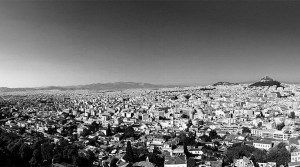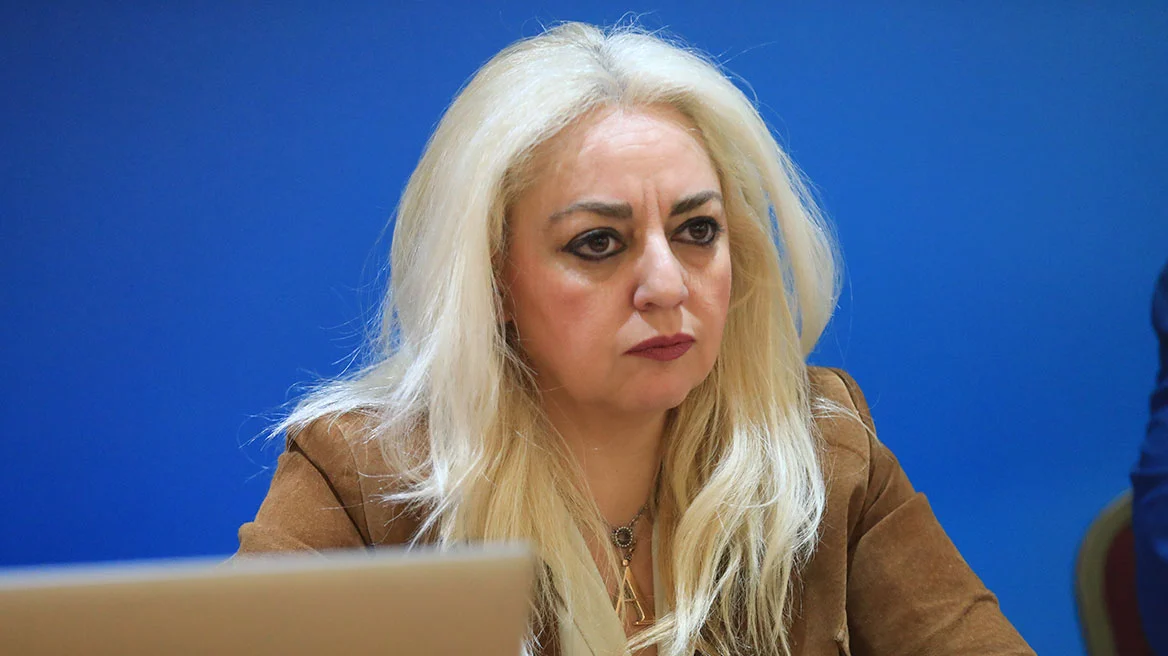More than one in three Greeks and an average of one in four in the EU live in poverty or social exclusion, according to the 2016 figures released today by Eurostat.
In particular, in Greece in 2016, 35,6% of the population (3,8 million people) faced the risk of poverty or social exclusion, compared with 28,1% in 2008.
In the EU, the figure fell to 23,4% (117,5 million people) in 2016, below 2008 levels (23,7%).
According to Eurostat, a person is in a state of poverty or social exclusion when he or she faces one or more of the following situations:
When he/she is considered to be poor (i.e. he has an income of less than 60% of the average national income), or has limited access to basic consumer goods and/or fails to cope with elementary financial obligations, or lives in a family facing the risk unemployment (i.e. in a family where no member has a regular job).
In a worse situation than Greece are only Bulgaria (40,4%) and Romania (38,8%). The Czech Republic (13,3%), Finland (16,6%), Denmark (16,7%) and the Netherlands (16,8%), Austria Slovakia (18,1%), France (18,2%), Sweden (18,3%), Slovenia (18,4%), Germany and Luxembourg (19,7% ) are percentages of the rest of the European countries.
Ask me anything
Explore related questions





